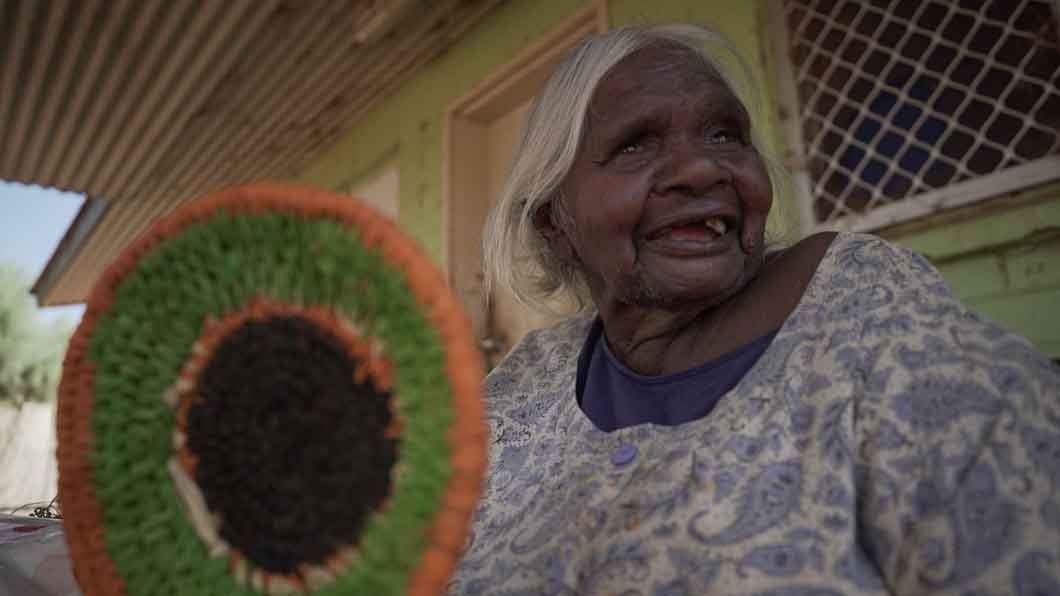Inside each of our eyes is something called the lens. The lens in the eye, is like the lens of the camera. It focuses light onto the back of an eye. Normally, the lens is clear, which means that light can get through easily. If the lens becomes cloudy, this is what we call a cataract, and the light at that enters your eye can get scattered, affecting how well you can see.
Cataracts develop slowly. Some up your wall before you notice anything, typical signs that you or someone in your family has cataracts include, hazy, foggy or blurred vision, seeing colours as yellow or faded, seeing starbursts or halos around lights, being sensitive to bright lights and grey, other signs of cataract are, having trouble recognising people’s faces or their facial expressions. Finding it hard to see details, especially in dim light, having trouble driving at night.
The main reason pathway cataract is ageing, but other things can cause cataracts, such as diabetes, high blood pressure, smoking, alcohol, family history of cataracts, eye injury, previous eye surgery, or longterm exposure to sunlight without sunglasses.
The only cure for cataract is surgery. It only takes about 30 minutes and you can go home on the same day, but make sure someone else drives you home. For several weeks off the surgery, you’ll have to avoid some activities like heavy lifting, bending over and rubbing your eye, and you might need to use some special eyedrops to protect your eyes. The surgery involves removing the clouded lens and replacing it with a new plastic lens. Your doctor will tell you about what’s involved in this. If your cataracts are bad enough to affect your normal activities, your doctor would probably recommend that it’s time to have surgery.
If you aren’t ready for surgery, but you do have cataracts. Your doctor would talk about how to protect your eyes. They’ll suggest things like, wearing contact lenses or eyeglasses to help you see more clearly. Wearing a hat and sunglasses to protect you from the glare of the sun. Improving light in your home so you can see better. To protect yourself or someone in the family from developing cataracts, wear sunglasses when you’re outside, they protect your eyes.
If you smoke, quit. Avoid drinking too much alcohol. Where you can eat more fruit and vegetables, they have plenty of vitamins and minerals that will help protect your eyes. Keep your weight down, and if you have diabetes, manage your weight so carefully. If you think you or someone in your family has signs or cataracts, talk to your doctor about it, that can help you get seen by an eye doctor, who do some tests to find out whether you have cataracts. It is possible that your symptoms are from something else, for example, you might have nearsightedness or need glasses to help see better, this doesn’t involve an operation. Almost all our diseases can be prevented or treated, so it’s good to get your eyes checked regularly.

